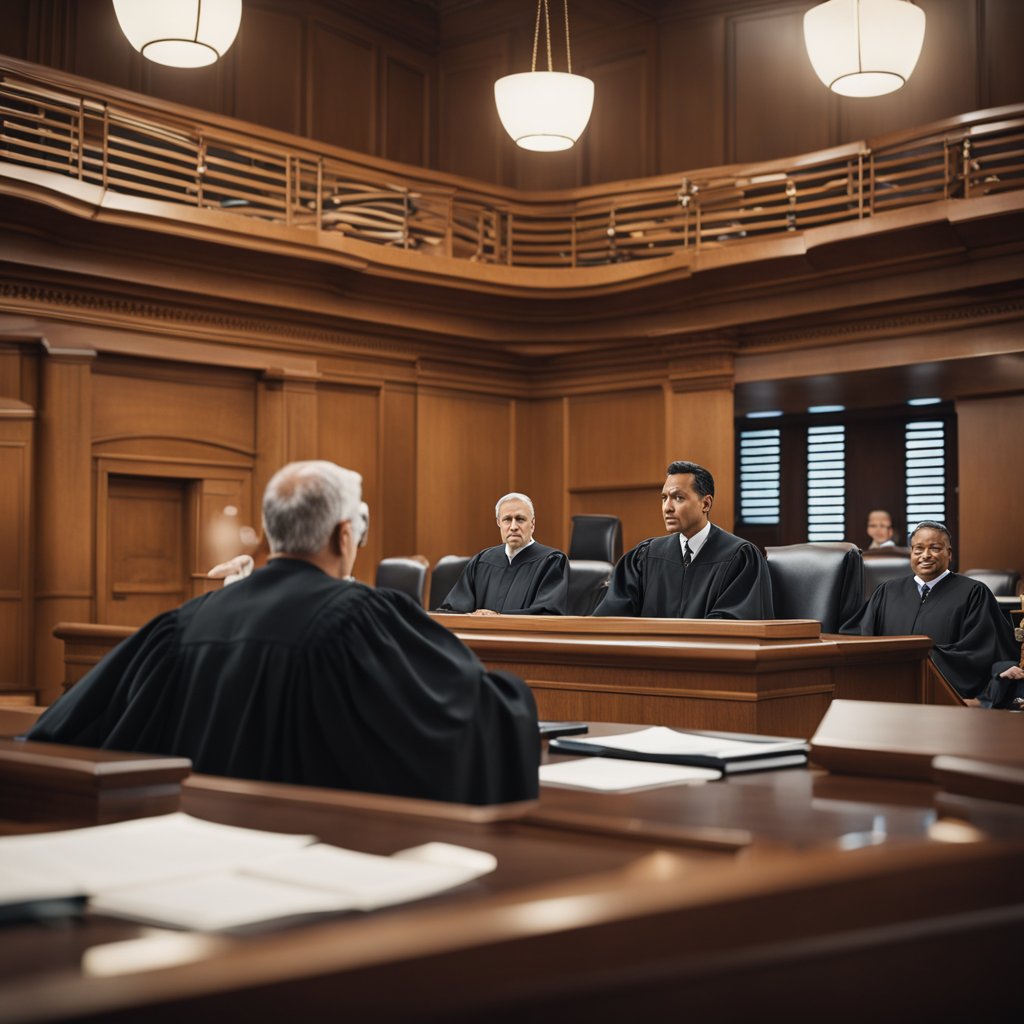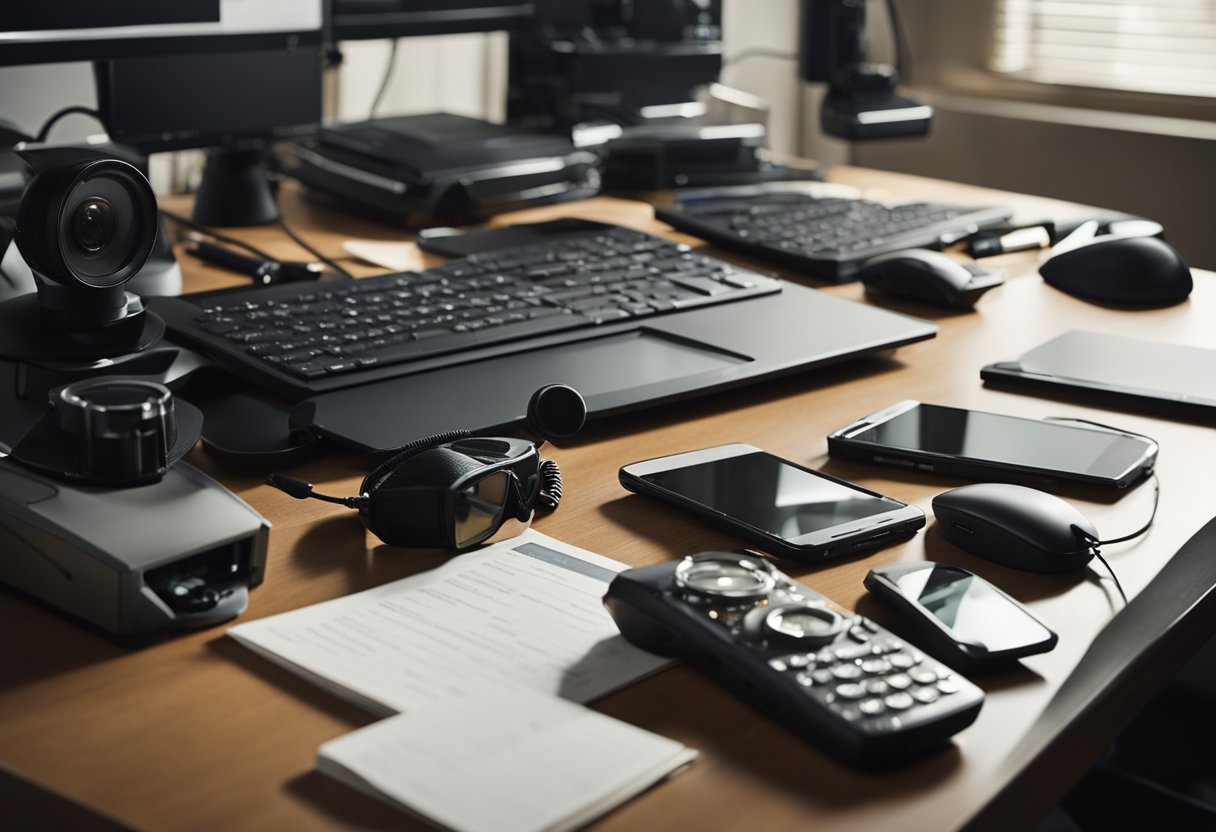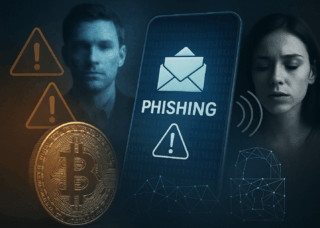When the trust is compromised in a relationship due to suspicions of infidelity, many find themselves facing dilemma. Confirming whether a spouse is unfaithful can be emotionally taxing, yet it is often necessary for peace of mind or before taking legal action. In these situations, engaging the expertise of a private investigator can be a crucial step. These professionals offer a discreet and systematic approach to collecting evidence, leveraging their expertise to navigate the delicate niceties of adultery investigations.
The process of investigating a cheating spouse integrates a variety of methods and technologies. Private investigators use surveillance tactics, digital forensics, and in-depth background checks to piece together the truth. The goal is not only to uncover infidelity but also to do so within legal boundaries, ensuring that evidence gathered can hold up if needed in court proceedings. When hiring a private investigator, it is vital to understand their process, the legal implications involved, and what to anticipate after the investigation is complete.
Highlights
- Engaging a private investigator can provide concrete answers in cases of suspected infidelity.
- Investigations are conducted discreetly, using advanced methods and technology.
- The process and evidence must comply with legal standards, especially if used in legal matters.


Understanding Infidelity
Infidelity is a complex issue that affects many relationships. It is important for you to grasp what constitutes cheating as it is the cornerstone of any investigation into a cheating spouse.
Defining Cheating
Cheating can manifest in various forms and does not always involve a physical relationship. At its core, cheating is the act of one partner violating the set boundaries of their relationship. This could range from emotional affairs to online interactions that cross the line into romantic or sexual territory without the other partner’s consent.
- Emotional Cheating: Involves forming a deep emotional connection with someone other than your partner, potentially leading to an emotional dependence that supplants the intimacy of the marital relationship.
- Physical Cheating: Engaging in sexual activities with someone other than your partner is the most commonly recognized form of cheating.
- Digital Infidelity: With technology’s ubiquity, cheating can also occur via texts, social media, or other digital means.
Understanding these distinctions is vital when initiating an investigation into a potential cheating spouse because the evidence needed and the investigative methods used can differ significantly.
Role of a Private Investigator
When you suspect infidelity in a relationship, a private investigator’s role is to discreetly gather evidence to confirm or deny these suspicions through a range of surveillance and investigative techniques.
Skills and Expertise
Surveillance: You’ll find that private investigators are highly skilled in surveillance, which includes following a subject and documenting their activities without being detected.
Technology Proficiency: Your investigator will likely utilize advanced tech tools such as GPS tracking devices and hidden cameras to gather pertinent information.
Legal Knowledge: It’s crucial that they have a firm understanding of legal boundaries to ensure that all evidence is collected ethically and can be used in court if necessary.
Interviewing and Research: Adept in interviewing and research, they know how to extract useful information and analyze data from various sources to support their findings.
Ethical Considerations
Confidentiality: The crux of your investigator’s ethical obligations is maintaining strict confidentiality. They are bound to protect your privacy and the sensitive nature of the investigation.
Legality: Every step taken by the investigator must be within legal confines. They are trained to navigate the delicate balance of investigating while not infringing on someone’s legal rights.
Impartiality: Private investigators remain detached from personal emotions, ensuring that their findings are unbiased and the truth, regardless of the outcome.
Remember, a private investigator is your ally in seeking clarity and truth, all while upholding a professional standard that respects ethical and legal boundaries.
Legal Aspects of Investigation
When hiring a private investigator for allegations of a cheating spouse, you must be aware of the legal framework that governs such practices. Ensuring compliance with privacy laws and surveillance regulations is critical to avoid legal repercussions and to ensure that any evidence obtained is admissible in court.
Privacy Laws
Privacy is a crucial legal consideration. In the United States, privacy laws protect individuals from unauthorized information gathering. You should be aware that accessing your spouse’s email or social media accounts without consent can be illegal, crossing into the domain of federal Electronic Communications Privacy Act (ECPA) or state privacy laws. A legitimate private investigator is well-versed in these laws and will avoid methods that could compromise the legality of the investigation.
Surveillance Regulations
Surveillance is a common method used in infidelity investigations. However, there are strict regulations regarding how and where surveillance can be conducted. You must understand that audio recording without consent is illegal in many jurisdictions, and video surveillance is subject to regulation as well. In some states, recording someone without their knowledge is permissible if it occurs in a public place where there is no expectation of privacy. It is imperative to hire a private investigator who operates within state-specific surveillance laws to ensure that their findings can be used legally for divorce proceedings or other legal action.

Investigation Process
Embarking on a cheating spouse investigation can be difficult, but understanding the process can provide some clarity. Private investigators employ meticulous strategies to ensure the integrity and legality of the evidence they gather.
Initial Consultation
Your first interaction with a private investigator is crucial. During the initial consultation, you’ll discuss the suspicions and objectives of your case. Here, honesty is vital as it sets the foundation for the investigation—details like your spouse’s routine, interests, and known associates help in building a comprehensive profile.
Planning and Surveillance
The planning and surveillance phase is where strategies are tailored to your specific situation. Detailed planning might involve setting up surveillance schedules and utilizing technology such as GPS tracking systems to monitor the subject’s movements more efficiently.
Gathering Evidence
In the gathering evidence phase, investigators focus on obtaining solid proof of infidelity. Tools of the trade can include video recordings, photographs, and other digital footprints. Professional investigators ensure all evidence is collected in compliance with legal standards to maintain its admissibility in legal proceedings.

Technology in Investigations
When you suspect infidelity, modern technology offers discreet and efficient methods for investigations. Private investigators use advanced tools to gather evidence without risking detection.
GPS Tracking
Using GPS tracking technology, investigators are able to monitor a spouse’s vehicle movements in real-time. This method allows for the logging of routes taken, locations visited, and time spent at each place, which can be critical in establishing behavioral patterns. For instance, a GPS tracker can pinpoint if a vehicle is parked at an unusual location for lengthy periods, which may suggest secretive meetings.
Digital Forensics
Digital forensics services play a key role in uncovering digital evidence from devices like smartphones and computers. Investigators proficient in digital forensics can recover deleted messages, search history, and even social media activity. A thorough analysis can reveal communication patterns and connections that suggest infidelity. Services provided by experts in this field ensure that the data handling is legally compliant and admissible in court if needed.
Handling Evidence
When you enlist the services of a private investigator for a cheating spouse case, proper handling of evidence is pivotal. The way evidence is documented and its admissibility in court are critical components that can make or break your case.
Documentation and Reporting
As you navigate through infidelity investigations, your private investigator should maintain meticulous documentation of all findings. This includes gathering tangible proof such as photos, videos, and detailed reports. Every piece of evidence is logged with the time, date, and location to ensure a clear trail of your spouse’s activities. Comprehensive investigations are grounded in diligent, evidence-based work, ensuring that all data collected can comprehensively portray the situation at hand.
Admissibility in Court
The admissibility of evidence in legal proceedings hinges on its proper collection and handling. This is why your investigator’s experience in lawful surveillance and understanding of legal boundaries is invaluable. Evidence must be obtained legally to be used in court; otherwise, it risks being deemed inadmissible. Your investigator should be well-versed in the legalities, ensuring that all information can be utilized effectively in any judicial setting you may face.
Hiring a Private Investigator
When suspecting infidelity in a relationship, hiring a private investigator can provide clarity and evidence. A professional approach to gathering information discreetly, private investigators specialize in uncovering the truth behind a cheating spouse.
Choosing the Right PI
Credentials and Experience: Ensure your private investigator is licensed and has extensive experience in cheating spouse investigations. Look for a PI with a strong track record in sensitive matters, as the nuances of these cases require expertise.
- Look for reviews or testimonials from past clients.
- Verify their license with the state’s licensing board.
Specialties: PIs may specialize in various types of investigations. Make sure they have specific experience with infidelity cases, as this expertise can make a significant difference in the conduct and outcome of your case.
- Ask about the methods they will use to gather evidence.
- Confirm they operate within legal boundaries to ensure evidence is admissible.
Cost Considerations
Base Rates and Additional Expenses: Costs can vary widely based on location, case complexity, and the investigator’s expertise. Most PIs charge an hourly rate, with additional expenses for travel, specialized equipment, and other incidentals.
- Typical hourly rates: $90 – $150
- Initial retainer: May be required before services commence
Transparent Quoting: Reputable investigators will provide you with a clear breakdown of potential costs. Avoid any PI who isn’t upfront about expenses or suggests dubious tactics that may result in additional, unplanned charges.
- Ask for an estimated total cost.
- Ensure you understand what you are being billed for.
Selecting the right private investigator and understanding the costs involved are crucial steps in handling the delicate issue of a cheating spouse. Remember to prioritize professionalism, discretion, and legal methods to ensure the evidence you receive is credible and can stand in any legal proceedings that may follow.
After the Investigation
Once the investigator provides you with the findings, you have critical decisions to make regarding your relationship and potential legal actions.
Confronting a Cheating Spouse
- Plan the Discussion: Prepare for the conversation with your spouse. Decide on a time and location where you can talk privately and without interruptions.
- Manage Your Emotions: It’s vital to approach the discussion calmly and without accusations. Breathe deeply and take pauses if needed to maintain a clear head.
Legal Recourse
Gather Documentation: Secure all collected evidence, such as photos, videos or text messages, as they may be crucial for legal proceedings like divorce or custody battles.
Consult a Lawyer: Understand your legal options by seeking advice from a family law attorney.
Frequently Asked Questions
When seeking answers related to private investigations into infidelity, it’s essential to have factual and concise information. This section provides clear responses to common inquiries.
Private investigators use a variety of techniques including surveillance, GPS tracking, and reviewing communication records to gather evidence of cheating. They operate with discretion to ensure confidentiality while uncovering the truth.
The cost of hiring a private investigator can vary greatly, often depending on the complexity of the case, the location, and the required surveillance hours. Prices may range from hundreds to several thousands of dollars.
You might notice unfamiliar vehicles in your vicinity, receive unknown calls, or feel like you’re being watched. These could be indicators that a private investigator is conducting surveillance.
It’s important to hire a licensed private investigator who understands the legal restrictions of surveillance. They should conduct their investigations within the bounds of the law to avoid legal repercussions for you and them.
If you believe your rights have been infringed upon, it’s advised to consult with a lawyer who specializes in privacy or family law. They can provide guidance on the appropriate legal action to take.
Carelessness with communication devices, changes in routine, and unexplained expenses can all inadvertently expose infidelity. A significant other may notice these inconsistencies and become suspicious.






